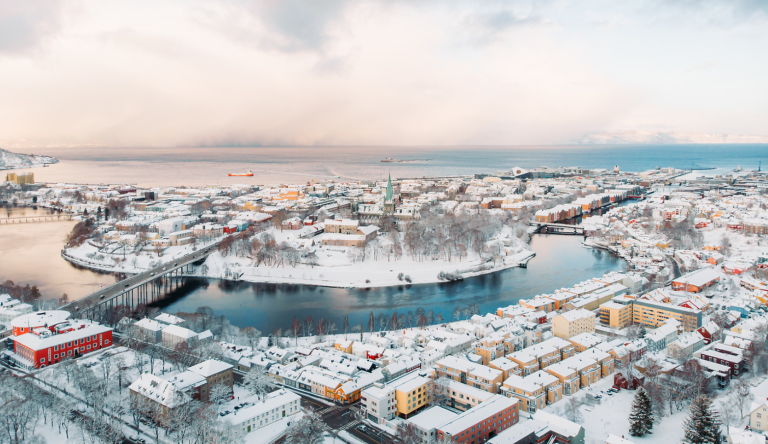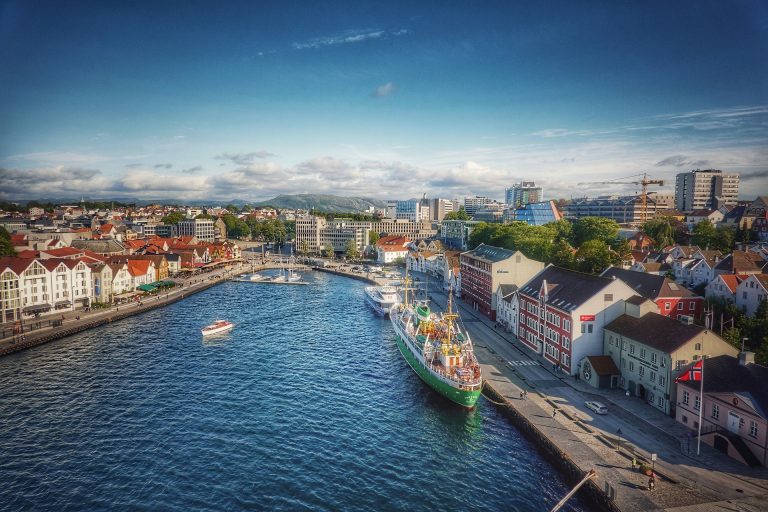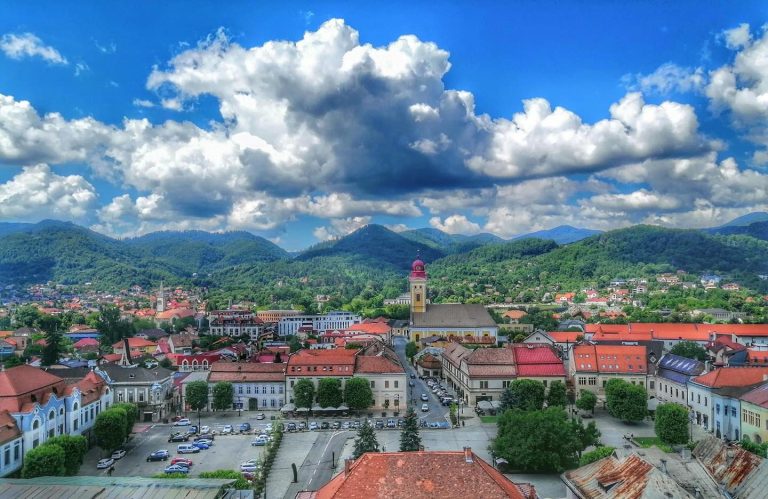Romania has been undertaking efforts to achieve net-zero emissions goals through three cities which are part of Mission Climate-neutral and Smart Cities, inter-institutional collaboration and a legislative package designed for urban regeneration projects.
Cluj-Napoca, District 2 Bucharest and Suceava are preparing to sign the climate contract through which they commit to implement projects that reduce the CO2 emissions and create cities for the people. The member cities of the Mission must co-create a vision for a 2030 with zero emissions. This vision must be translated into a strategy that focuses on the sectors where they want to direct resources to reduce pollution. The objectives designed must be at an operational level and contain methods by which stakeholders can engage collaboratively to produce the transformation. The contract will be signed by the mayors of the cities, who assume their administrative and political commitment to the Mission.
The Mission 100 Climate-Neutral Cities by 2030 is a huge initiative of the European Union, which has so far mobilized €360 million through Horizon Europe for research and innovation in mobility, energy and urban planning. Considering that the 100 cities are home to 12% of the European Union’s population, the actions chosen will have an impact on millions of Europeans in their daily lives.
Cluj-Napoca will represent Romania within the NetZeroCities Pilot Cities Programme. The project strengthens initiatives that want to transform the urban environment into a green and carbon-free one. Together with the other 52 urban communities, Cluj-Napoca will test innovative solutions to reach the decarbonization target assumed in the application and to inspire other cities to become climate resilient. The implementation time of the initiatives is 2 years, during which follower cities will have the opportunity to learn from good practices and the challenges of implementing some actions so that they can replicate similar solutions at the level of their own administrations. The pilot cities receive a total funding of 32 million euros through the Horizon 2020 program. Cluj-Napoca came up with a proposal to create a plan for carbon-free housing neighborhoods through Digital Twin technology. Cluj is on the list alongside cities like Amsterdam, Rome, Florence, Budapest, Warsaw or Istanbul.
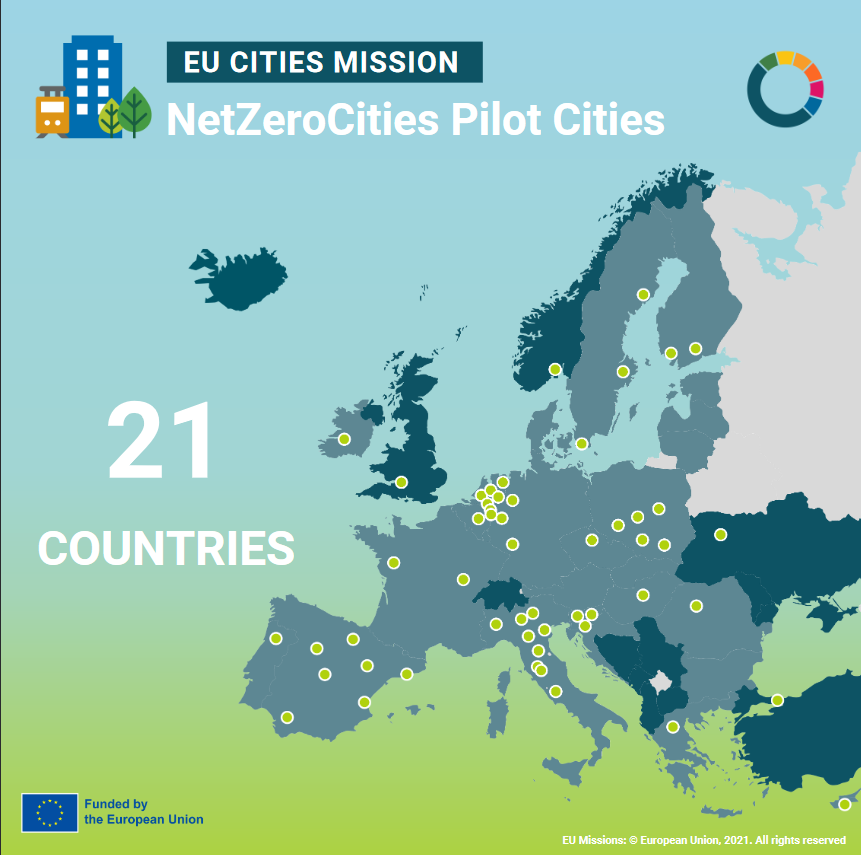
The topic of decentralization is a highlighted issue for Romania’s strategic development. The apparatus and administrative architecture delay and sometimes block the initiatives starting from the local level. In the same time, the top-down initiatives do not have the desired impact on the lives of the citizens. The central institutions are aware of these limitations and had a series of consultations to overcome the challenges.
At the level of the Government, the ministries for development, digitalization and EU funds have had discussions on creating facilities for the Mission cities as well as follower cities to implement sustainable projects. Through the Urban Policy of Romania, the Government is seeking to increase the administrative capacity of the cities to become greener and more resilient. There are over 30 proposed actions to be implemented by 2030 which bring together the local authorities, the central authorities, the academia, businesses and the civil society.
The Authority for Railway Reform has lobbied for a law through which the local administrations can ask Romanian Railways for actives no longer in used and perform urban regeneration projects on the site. Romania has the fourth largest railway network in Europe but not all of it is in current use. The main problem is the obsolescence of the railways and the cost to keep certain unproductive routes in transit. There are towns where the train has not passed by in years but the Romanian Railways are keeping the ownership of the train station, railway and other logistics. Through the legislative package, the cities and towns can ask for the right to take on these actives and turn them into regeneration projects, use the railways for touristic purposes and bring a higher quality of life to the citizens.
Functional Area Caraș-Timiș has developed a project proposal for introducing a high-speed train that will connect the municipalities of Timișoara and Reșița. The distance of 100 km between them will take 90 minutes to cover instead of 180 as it currently does. This will strongly contribute to the regional development of West Romania and bring value to tourism, attracting workforce and promoting sustainable green transport.
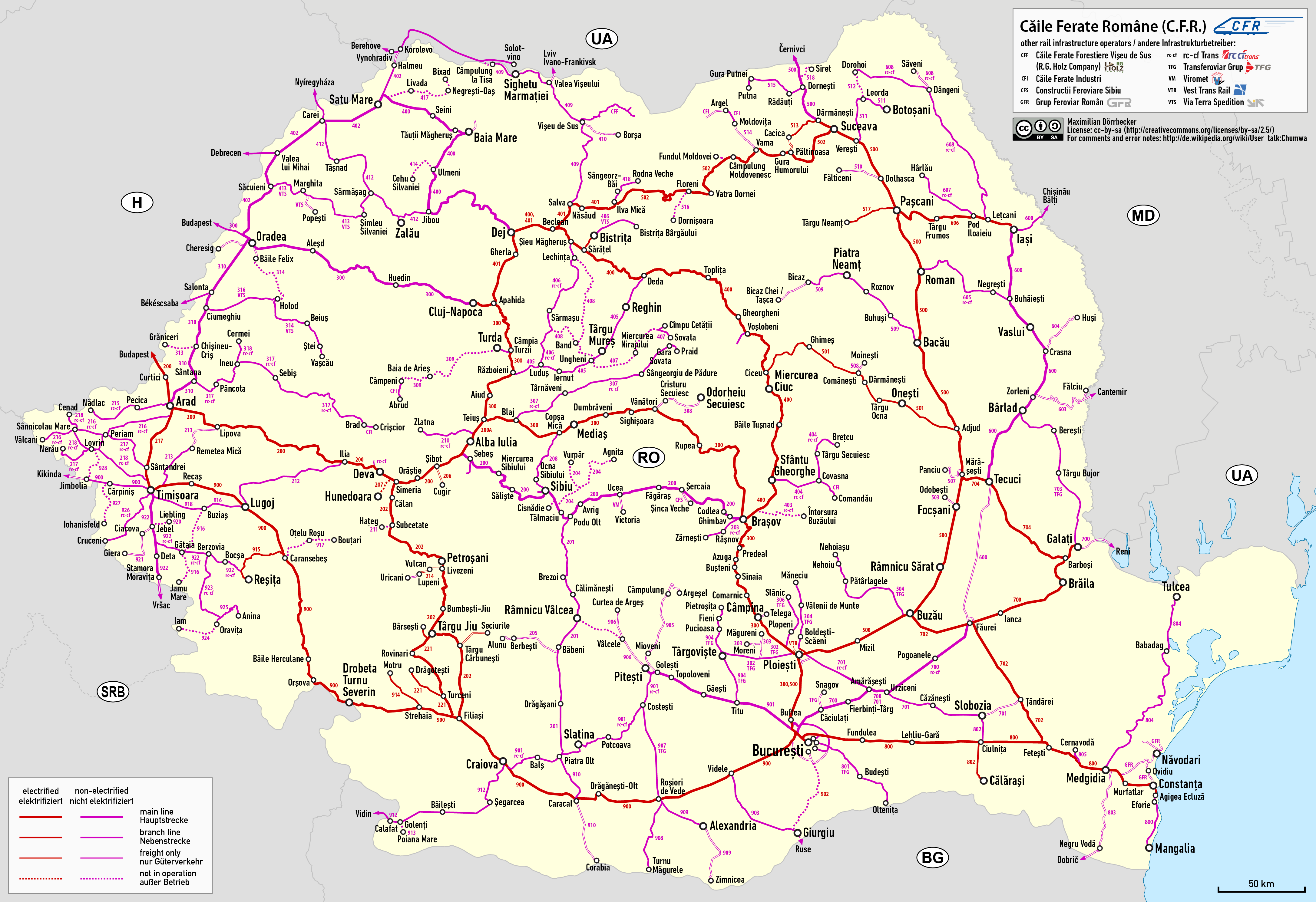
Romania has enjoyed support from the European Union to become smarter and more sustainable. We just need to understand that cities are the power engines of every country and each of us can play an active role on local level to bring our quantum of change.
Together we shape the future of cities!
Photo source: Wikipedia, NetZeroCities

